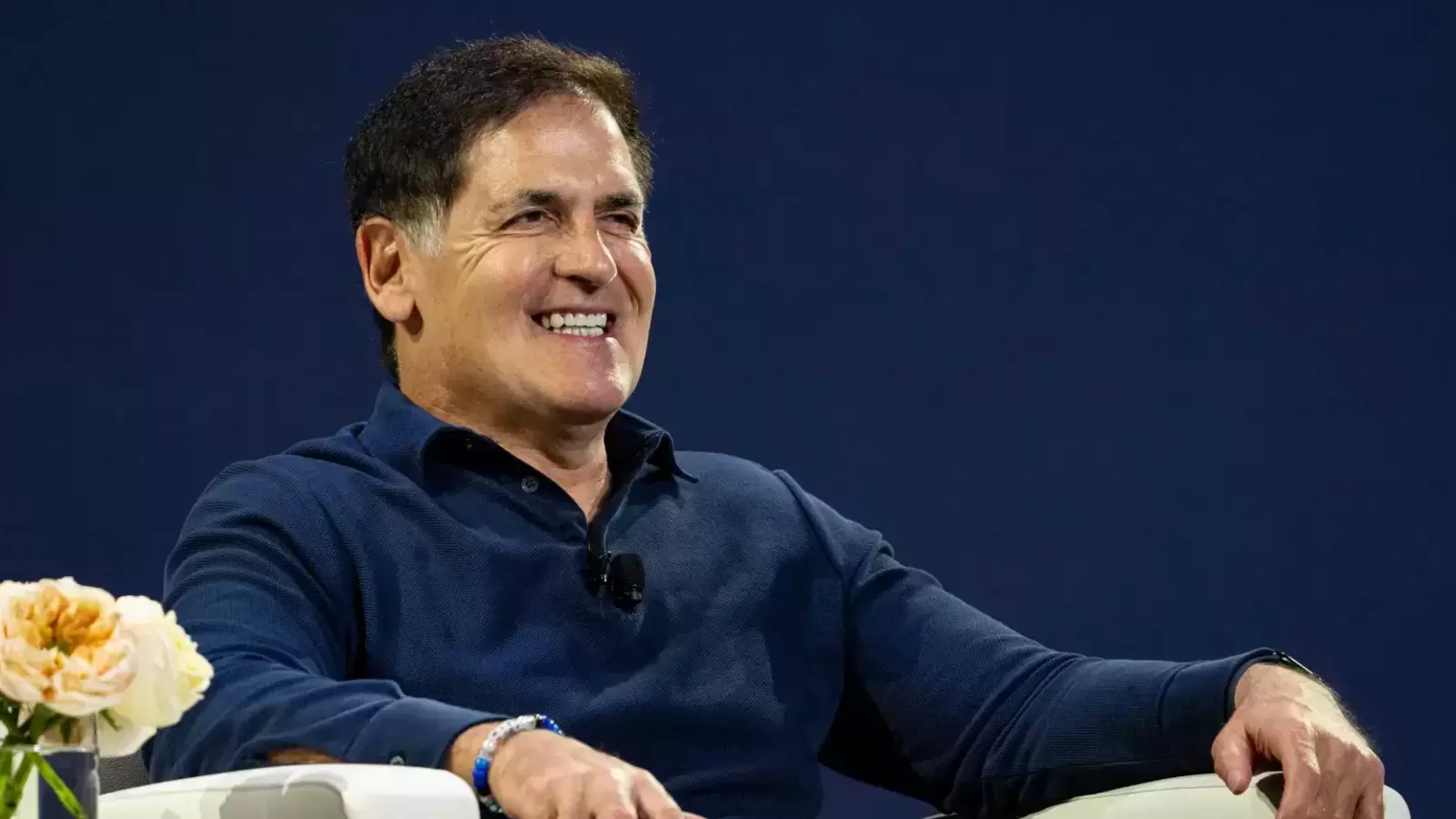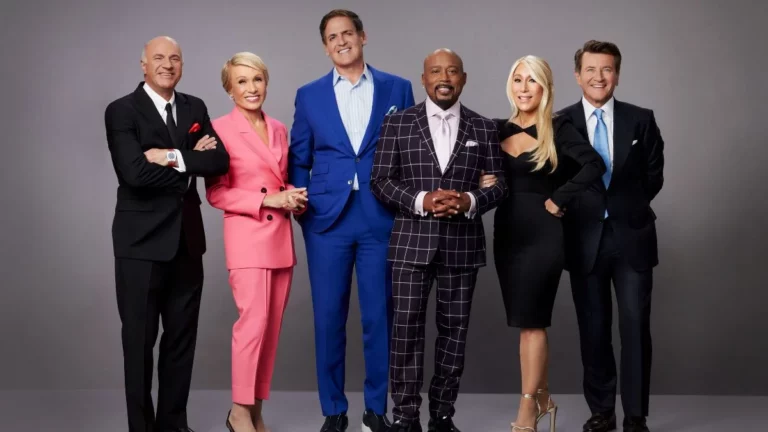“Shark Tank,” the reality show that has turned pitching business ideas into a form of prime-time entertainment, has seen its fair share of memorable deals and dramatic turnarounds. Known for its intense negotiations and the often brutal feedback from the Sharks, the show provides a platform where entrepreneurs dream of getting that life-changing deal. Among the Sharks, Mark Cuban is known for his bold moves and keen business insights. However, not every gamble pays off, as was the case with the fabric sticker company evREwares.

A Promising Start That Led to a Sudden Fall
In a dramatic episode from season six, sisters Ellie Brown and Becca Nelson stepped into the “Shark Tank” arena with high hopes for their unique business, evREwares, which specialized in reusable fabric stickers. These stickers, ranging from ties to bowties, were designed to allow parents to customize their children’s clothing creatively and temporarily. With total sales of $600,000 between 2011 and 2015, the sisters came in asking for $100,000 for a 30% stake in their company.
However, the pitch quickly soured when they revealed their expected sales of just $50,000 for the current year, stunning the Sharks. Kevin O’Leary, unimpressed by the figures and prospects, sharply criticized the idea, remarking, “Pull up, pull up! …This idea s*cks. This is a howling dog from hell, I’m out.”

Mark Cuban’s Unexpected Move
Despite the bleak outlook and O’Leary’s scathing review, Mark Cuban saw something in evREwares that the other Sharks didn’t. In an unexpected twist, he decided to invest, but his offer was far from ordinary. Cuban proposed $200,000 for the entire company—double the investment the sisters initially sought. Overwhelmed and brought to tears by the thought of losing their brand, Brown and Nelson nonetheless agreed to proceed with Cuban’s offer.
The Aftermath of a High-Profile Deal
Following the excitement on the show, reality set in. According to ABC 11, the sisters eventually decided against selling their beloved company. Ellie Brown later explained to the Triangle Business Journal, “Mark and his team reached out right after the show. It was really hard, but Becca and I didn’t feel like we could sell our company.” Respecting their decision, Cuban transitioned from potential buyer to advisor, remaining involved without owning the business.
Despite the significant exposure on “Shark Tank,” which temporarily boosted site traffic dramatically, evREwares only managed to generate an additional $10,000 in sales. By December 2015, the business had ceased operations, and the sisters deleted the company’s website and social media pages.

Lessons Learned from the Tank
The story of evREwares serves as a potent reminder of the high stakes in entrepreneurial ventures, especially in high-pressure environments like “Shark Tank.” While the show can provide an unparalleled platform for exposure, it also tests the resilience and adaptability of entrepreneurs. Mark Cuban’s involvement with evREwares, despite the deal not materializing as initially planned, highlights the complexity and emotional weight that business decisions can carry. As for Cuban, his readiness to adapt his role from investor to advisor illustrates his understanding of the delicate balance between business acumen and personal attachment to one’s enterprise.
In the world of business, not every risk results in reward, but each decision, whether successful or not, carves the path for future learning and growth.
